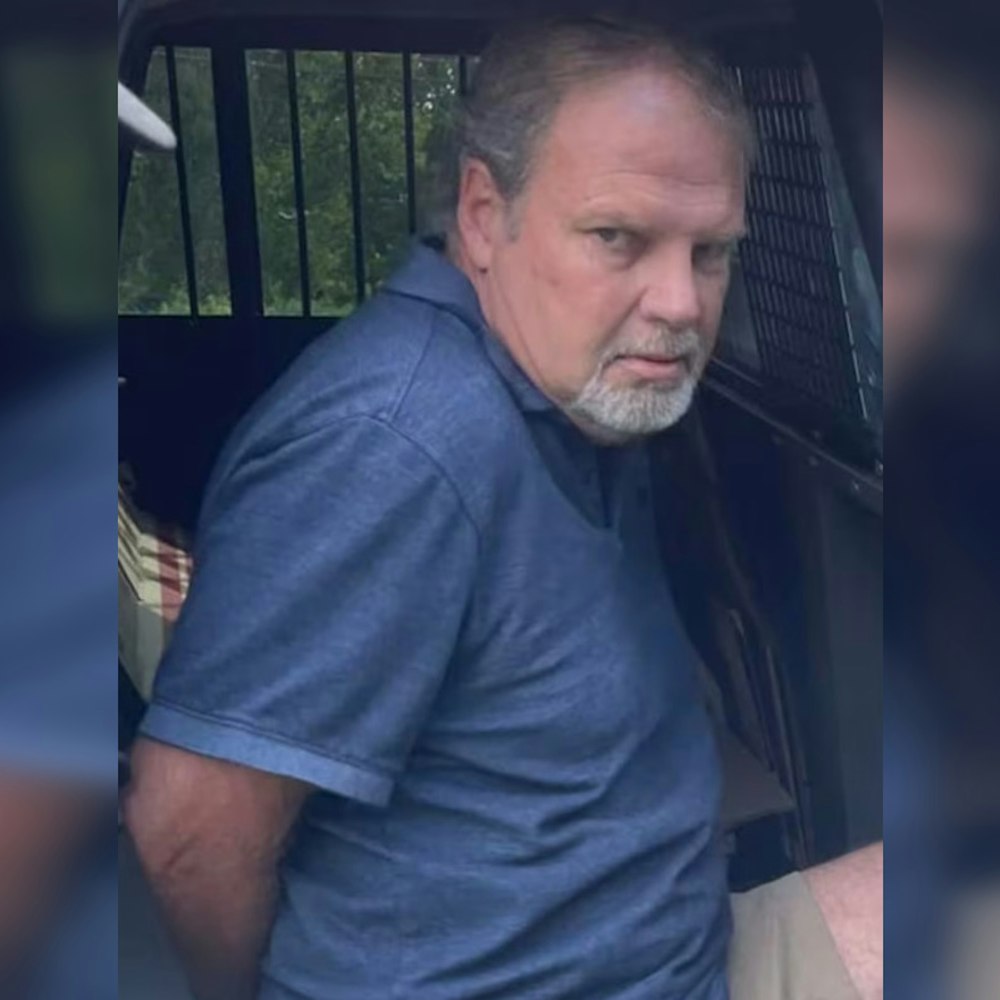
Illinois has emerged as a frontier of inclusivity, joining a coalition of states that recognize nonbinary identities on driver's licenses and state IDs. As reported by the Oak Park Journal, since April 1, residents can now select "M," "F," or "X" for their gender markers. Christopher Jensen, a LAGBAC board member, expressed the significance of this change, saying, "I wanted it so badly. I was just really excited to have it, for it to accurately reflect who I am...It's a really powerful affirmation from the state, and it takes a step towards taking away that erasure, giving people their identities back, hearing their voices."
Changes to the Illinois policy contribute not just to emotional validation but tangible safety measures, the 2022 U.S. Trans Survey indicated that 22% of respondents had faced verbal harassment or denial of services when their IDs did not match their presentation such tensions are not isolated to confrontations over IDs but manifest in broader fields such as employment, housing, or interactions with law enforcement. In an interview with the Chicago Sun-Times, Sasha Buchert of Lambda Legal emphasized the "dignity aspect" to having documentation that reflects one's identity, asserting, "The state can't give or take away who you are," and continues with, "but it certainly is nice to have a gender marker that reflects who you are."
Addressing the practical steps involved, the process for updating Illinois birth certificates and state IDs requires a modest fee, and for driver's licenses, it's set at $5. For state ID cards the fee stands at $10. Guidelines and requirements for these updates have been detailed on platforms like Planned Parenthood's website, with a comprehensive guide explaining the meticulous yet momentous journey of changing gender and name markers—a narrative of bureaucratic navigation fraught with forms and fees, providing relief and recognition to those who tread its path.
Yet, even as Illinois charts this progressive trajectory, concerns linger about the risks associated with designated "X" markers—more than reflective symbols, these markers can be stark beacons for discrimination or violence, particularly for transgender people of color and Black transgender women. Christopher Jensen highlighted to the Oak Park Journal that there are "personal safety concerns that people have about sharing that information with everyone they encounter." These discussions echo sentiments previously expressed by Stephanie Skora of Brave Space Alliance, who said, "While including a gender-neutral option on identity documents is a step in the right direction, it would be better to eliminate gender from IDs altogether."
The multiply layered fabric of this legislative evolution, brimming with both hope and caution, demands continuous dialogue and actionable support. Illinois, by affording the option to self-identify beyond traditional gender binaries, not only stands as a testament to growing recognition but also invites deeper consideration of the complexities that accompany such a pivotal change in policy.
-1.webp?w=1000&h=1000&fit=crop&crop:edges)








